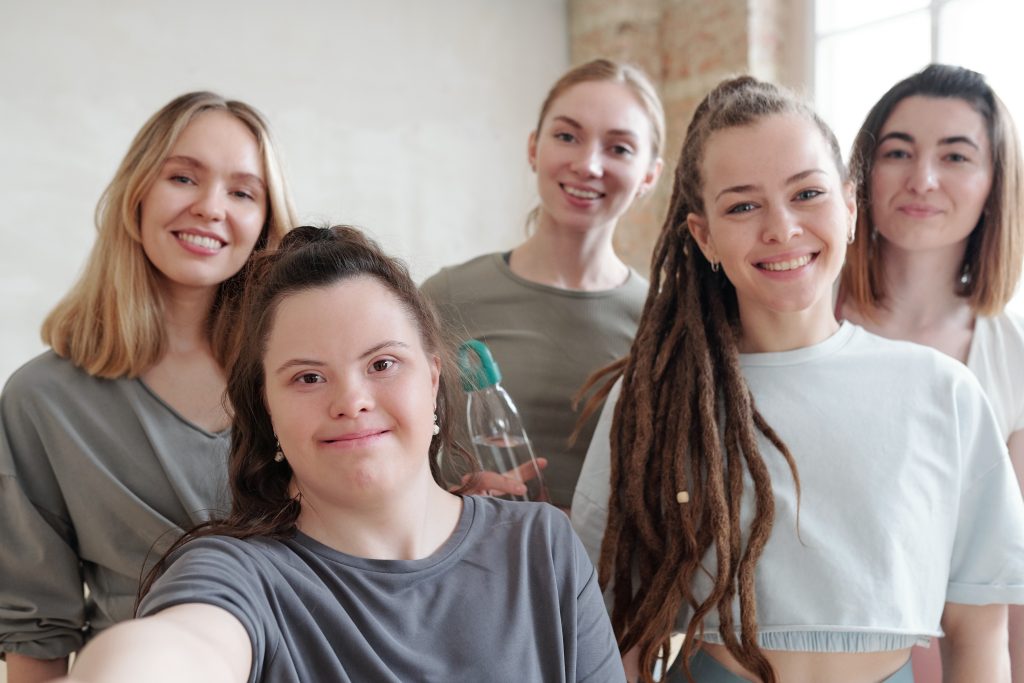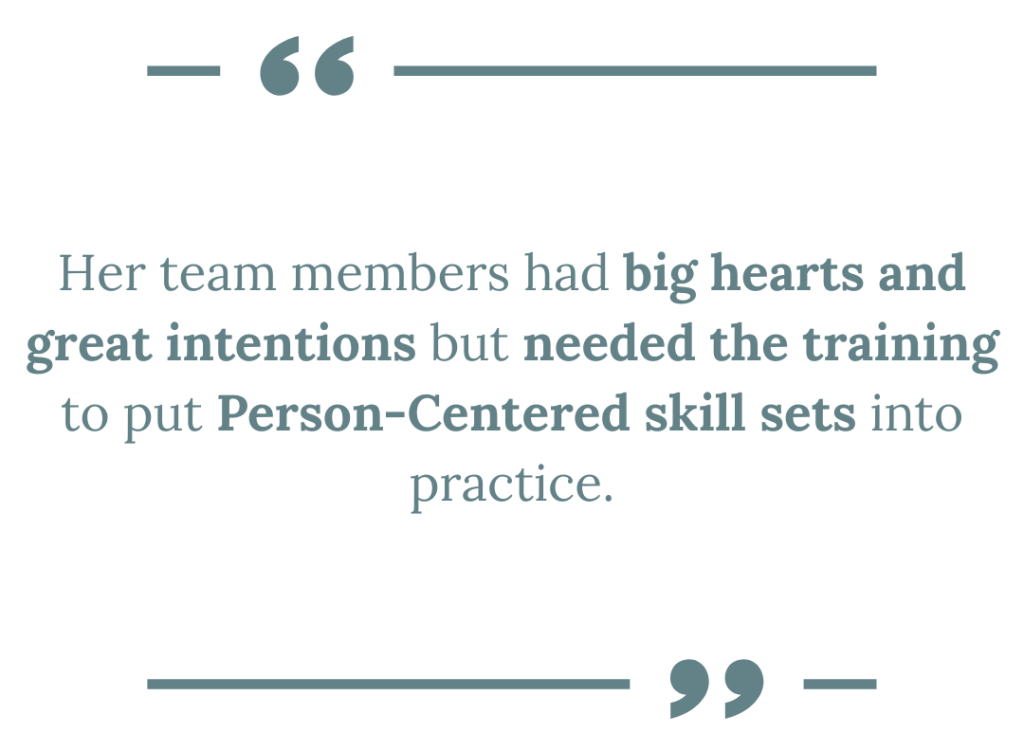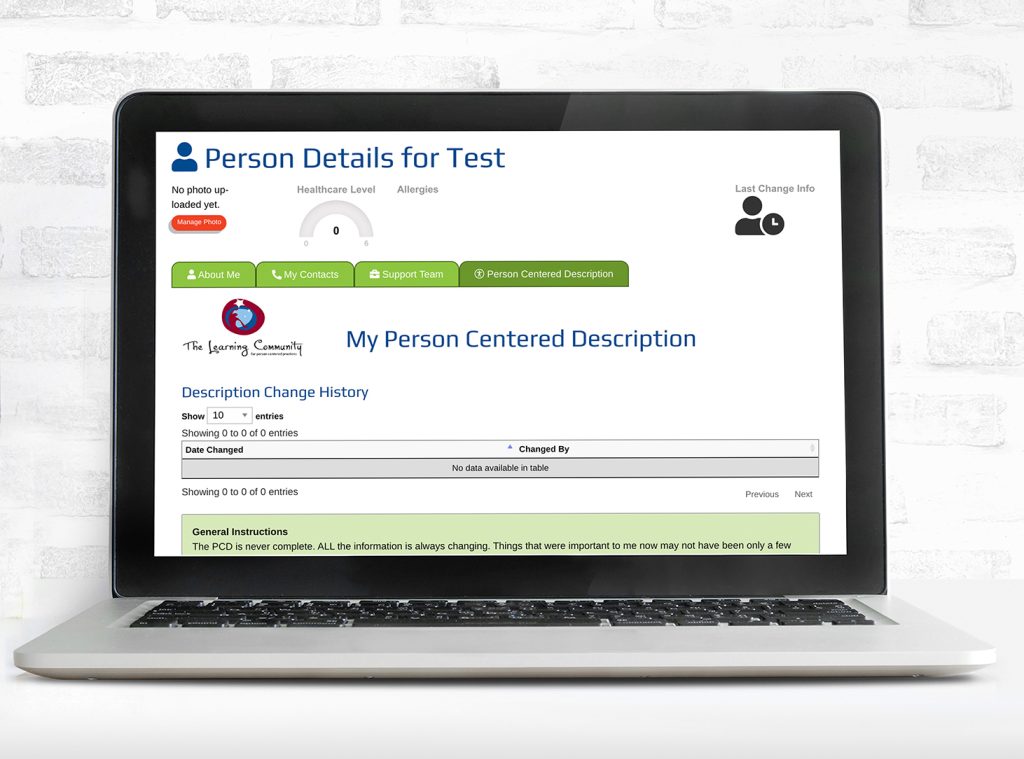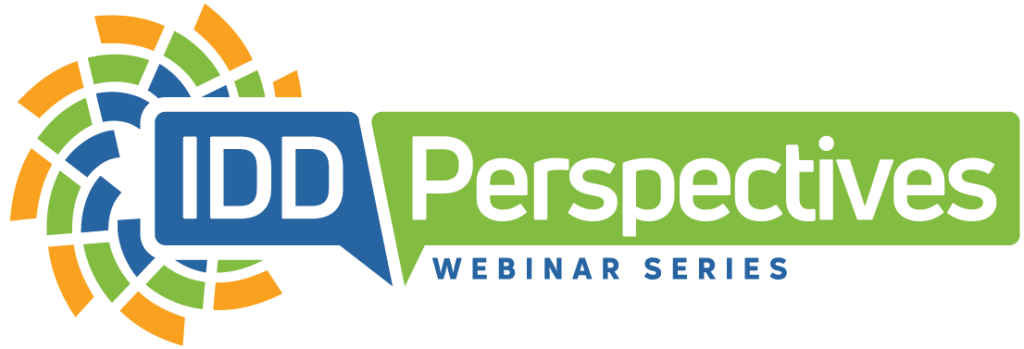Learn how person-centered training can help students with intellectual or developmental disabilities.

Josie was a 19-year-old student at a local university. She was known for her positive attitude, kind heart, and school spirit. So much so that she had a few pairs of colorful glasses to match her socks and gameday jerseys. Connecting with her sorority sisters and being a part of campus life was essential to Josie. Most of all, she loved animals, particularly horses. Early on, she mentioned that her dream was to be a veterinarian. Josie ultimately found a place where she was welcomed and valued for her contributions, but it didn’t begin that way.
Josie has Down Syndrome and was a part of the university’s Inclusive Post-Secondary Education (IPSE) program. These programs offer an alternative to typical pre-vocational programs for students with Intellectual/ Developmental Disabilities (IDD). While each program is unique, the most common goals are inclusion and gainful employment.
According to the Journal for Post-Secondary Education and Disability, approximately 77 percent of IPSE-supported students found gainful employment upon completion compared to 27 percent of people with IDD. They weren’t a part of such programs (Avellone, Camden, Taylor, & Wehmen, 2021). Furthermore, when IPSE programs employed Person-Centered Practices, 100 percent of those who found employment were gainfully employed as opposed to those in sheltered workshops (Zafft, 2004).
Josie’s Transition to College
Like many students, Josie’s transition to college was challenging. She began with hope, but things weren’t going well by midterm. Josie described instructors as friendly but rigid, and while others were kind, she didn’t feel understood or included. She said, “other students treated me like a little kid, and my job coach (Gene) told me I may need to find another program.”
Those who supported Josie weren’t meaning to be harsh. There was a breakdown in communication and more to the story. Josie had difficulty with words. When her peer mentors (other students who provided support) misunderstood her, they would finish her sentences and reassure her with kind words and maybe a hug. Josie felt this was condescending. Gene wanted her to succeed but could only work with the internships available. Josie wanted to work with a veterinarian, but that wasn’t an option. So, Gene told her about a dog boarding facility with a pre-vocational program.
Josie’s parents were concerned but convinced her to continue until the academic year ended. She adjusted but wasn’t content. She kept to herself, and when in social settings, she often wouldn’t speak. She stopped turning in assignments and asked her peer mentors to do her homework. She had an internship at a local business office but found the work boring and didn’t connect with anyone. All of Josie’s essential needs were met. She felt safe… but miserable. As May approached, Josie told the ISPE program director, Evalyn, that she didn’t think she’d be returning in the fall.
After meeting with her team, Evalyn believed everyone supporting Josie meant well but didn’t know how to help. Evalyn reviewed Josie’sadmission assessments. They had valuable information, but there was a lot to digest. Also, the assessments were in clinical language and weren’t specific to her current social needs. Asking peer-mentors to data-mine so much information was unreasonable. It became clear to Evalyn that her team needed better information and more training. Fortunately, Evalyn and a colleague had taken a Person-Centered Practices class two years prior. She contacted the class facilitator for help, and they met online to review best practices.

Person-Centeredness
Person-Centeredness is about people with disabilities having ownership and reasonable control of their own lives. The goal of support is to get people closer to the things they value and, in the process, for the person to have an equitable experience with their peers. For that to happen, two foundations are required, a Person-Centered mindset and Person-Centered skill sets.
Evalyn believed her team members had a Person-Centered mindset. Respecting students as capable young adults was a prerequisite for all who provided support. Her team members had big hearts and great intentions but needed the training to put Person-Centered skill sets into practice.
Person-Centered skills include discovery skills which use observation instead of just asking questions to gather information about what the person values and how to help. Without discovery, plans won’t be specific and usually reflect what others value for the person. Learning skills are required to deal with changes like new information, obstacles, and conflict. Without learning skills, plans get off track. Management skills clarify responsibilities for those who provide support. Without management skills, peer mentors won’t find the proper balance, offering too little support, leading to anxiety or too much support, promoting helplessness.

Finally, given how often peer-mentors change, Person-Centeredness requires the information gathered to be easily accessible in a Person-Centered Description (PCD). Unlike traditional assessments, a PCD is organized, concise, and in everyday language. Anyone providing support can quickly and easily understand how to help.
The following week Evalyn scheduled Person-Centered Training for her entire team.
Soon after, Evalyn reached out to Josie and her parents. Using discovery skills learned during training, the team realized Josie wasn’t interested in being a veterinarian but wanted to work with horses. Gene found a stable where Josie could work and learn equestrian care. Peer mentors stopped finishing Josie’s sentences and learned to listen through observation. Using learning skills, the team helped her navigate sorority pledge week. Finally, management skills were employed, so support wasn’t provided where it wasn’t needed. This information was kept current in a brief Person-Centered Description and reviewed every time Josie was matched with a new peer mentor.
Josie returned in the fall. There were obstacles and difficult days for sure. Still, by Homecoming, Josie was waving to others on her sorority’s float in her colorful glasses that matched her socks and favorite jersey. Josie was back to herself. After graduation, Josie found a job where she helps new owners learn to care for their horses.
Training in Person-Centered Support doesn’t make life perfect,
but it made life better for Josie and everyone who supported her.
Published by Training Magazine. Click here to view the published article.
References
Avellone, L., Camden, J., Taylor, J., & Wehmen, P. (2021). Employment Outcomes for Students with Intellectual Disabilities in Postsecondary Education Programs: A Scoping Review. Journal of Postsecondary Education and Disability, 6-8.
Zafft, C. H. (2004). College Career Connection: A Study of Youth with Intellectual Disabilities and the Impact of Postsecondary Education. Education and Training in Developmental Disabilities, 39,45-53.




